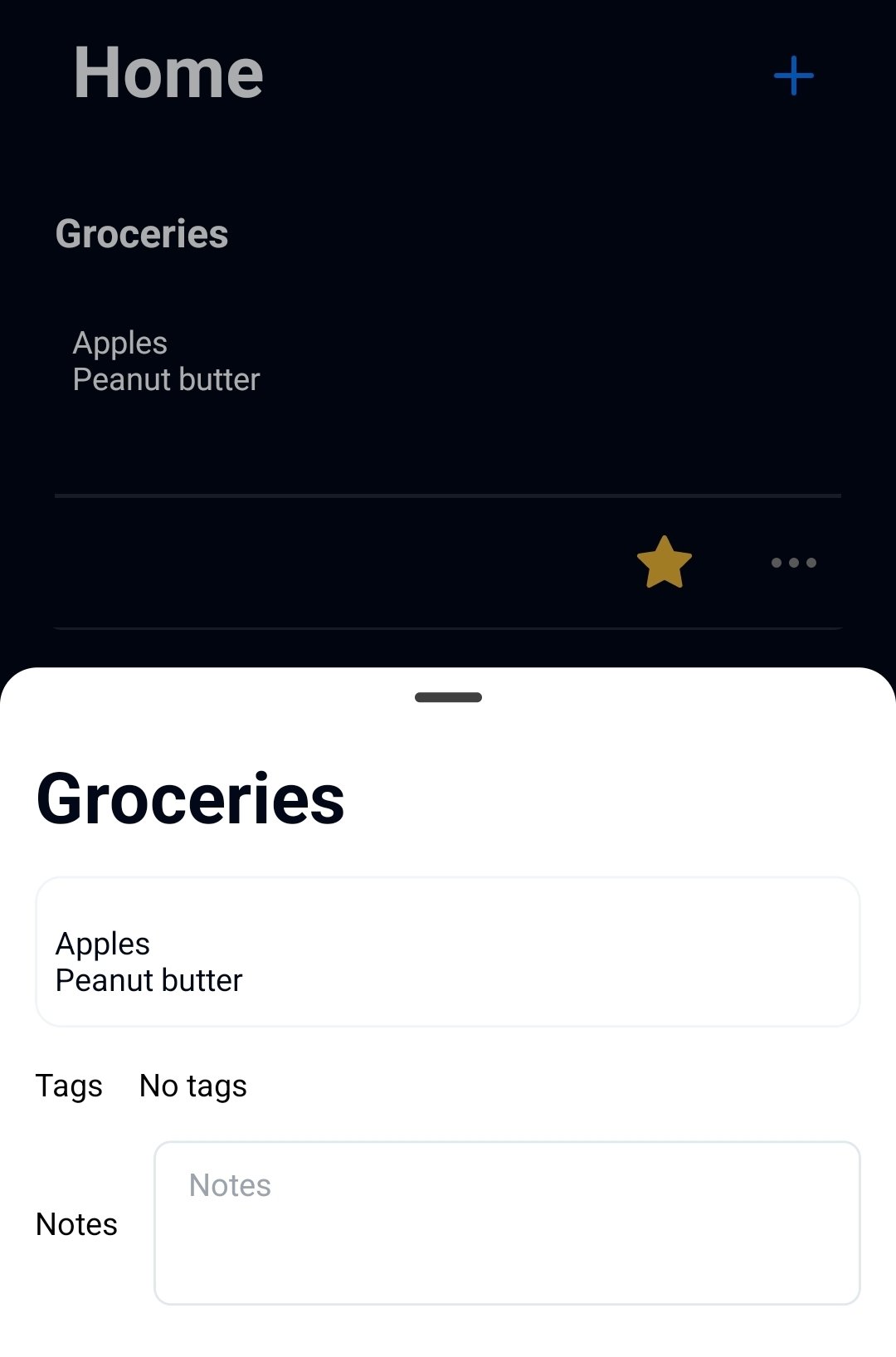

Awesome! Happy to help!


Awesome! Happy to help!


This is sad. Google Play should never hold this much weight in the self hosted community. For Android users dedicated to open source software, F-Droid is the target.
I don’t think SyncThing users would have much issue with the app disappearing from Google. Doing away with Google is the goal.


I spun this up yesterday, because it’s the first viable Google Keep replacement I’ve seen. I love the ability to archive bookmarked pages. And while the web app is clunky for notes (worse UX than Keep), the Android app is a decent replacement. The only weird thing is the option to add notes to notes so you can note while you note.

Worth mentioning that adding or changing a title is completely impossible on Android. Support for titles is included, but hidden, in the web UI, and the web UI adds unnecessary friction to editing notes.
The web UI also doesn’t support newline characters unless they’re preceded by two spaces (strict markdown formatting, like on Lemmy/Reddit), which is annoying. Markdown support is nice, but the vast majority of notes and reminders that I create only require plaintext.


I wouldn’t worry about the extra features. Most of the ones you’ve listed are used to clean up bad recordings, but that’s something you’re in control of here.
For recording, the software doesn’t matter much. The most important thing IMO is to record at a level where the typical amplitude of the input audio (normal speech in this case) sits at around half the max level of the input. That’s because you can always increase the volume level after recording, but once a loud segment clips above the max level, that distortion is there forever. Recording in 24-bit vs 16-bit helps with this strategy, because the extra bit depth in recording amplitude resolution allows the headroom to boost the volume later without any perceptible loss. Large diaphragm mics sound best for voice recording. Of course, I’m not recommending you run out and buy a large diaphragm USB mic that can record in 24-bit if it’s prohibitively expensive. I don’t know what your setup is currently, and for most listeners, good mastering will make a bigger difference than great recording gear.
Stereo Tool can make almost anything shine, but if that’s too pricey as well, just find a post processing tool with a good compressor/limiter combo and an expander. There are probably good open source tools out there.


I’m an EE and audiophile who did a bit of audio engineering in university for the student radio station. Our station had a whole rack of hardware audio processing tools, but honestly, this DSP software does a better job of making broadcast audio sound professional than anything else I’ve used—including some mastering VST’s I’ve used in music production. Highly recommend it.
That sounds much more polished than the earlier episodes. Glad I was able to help!